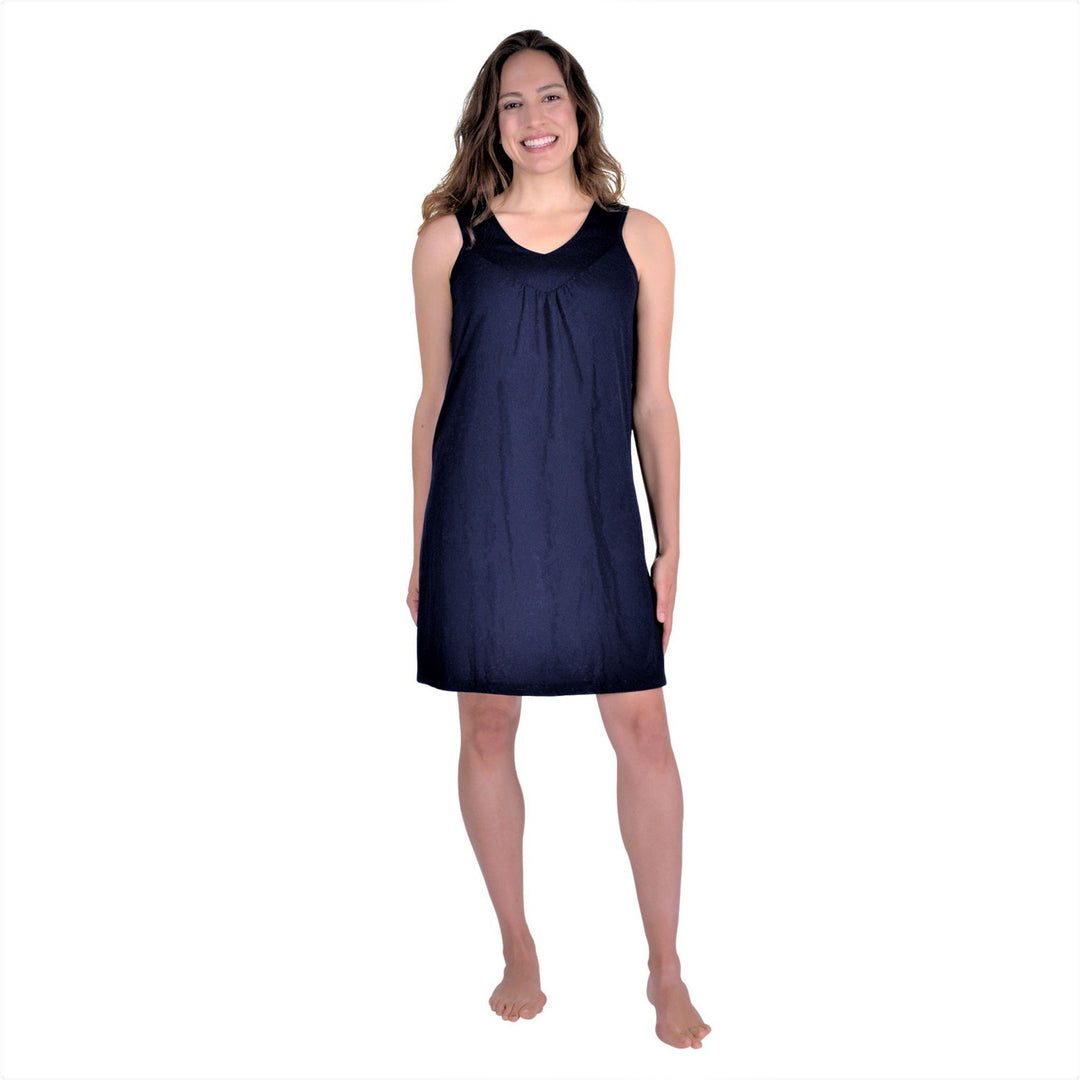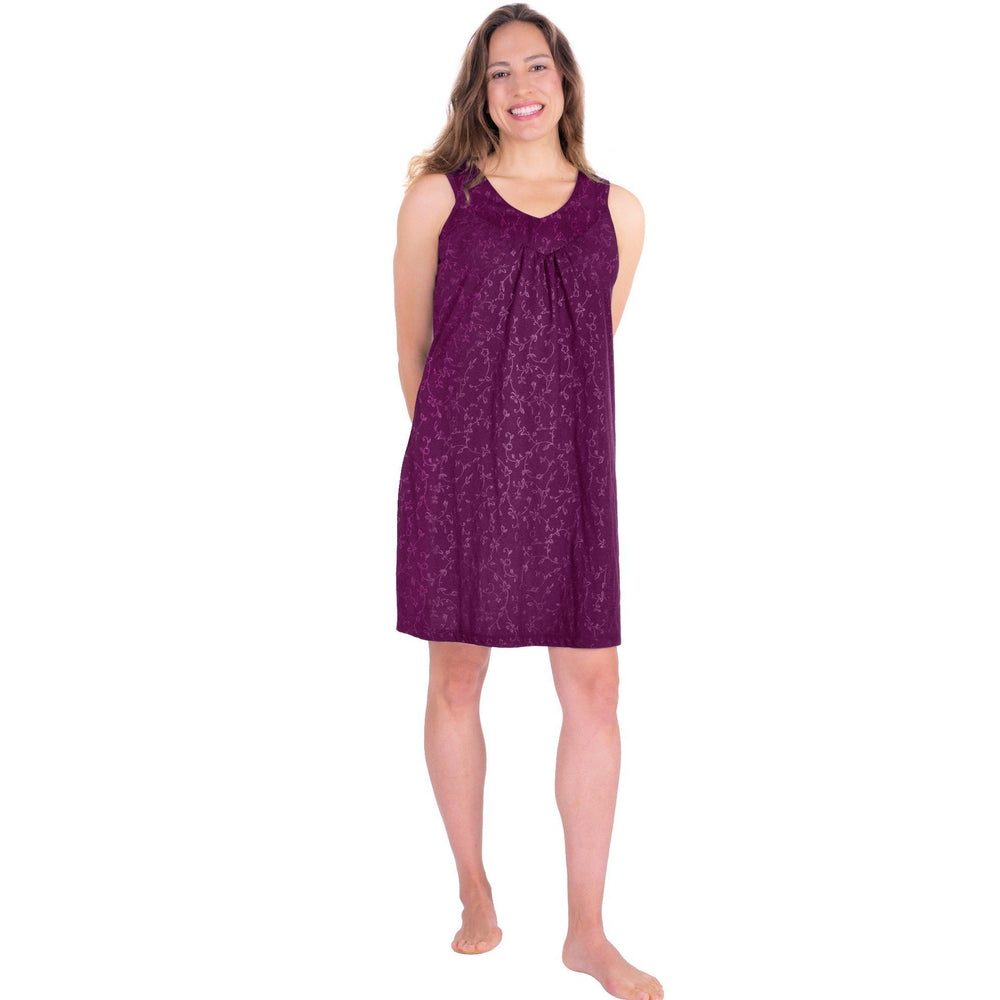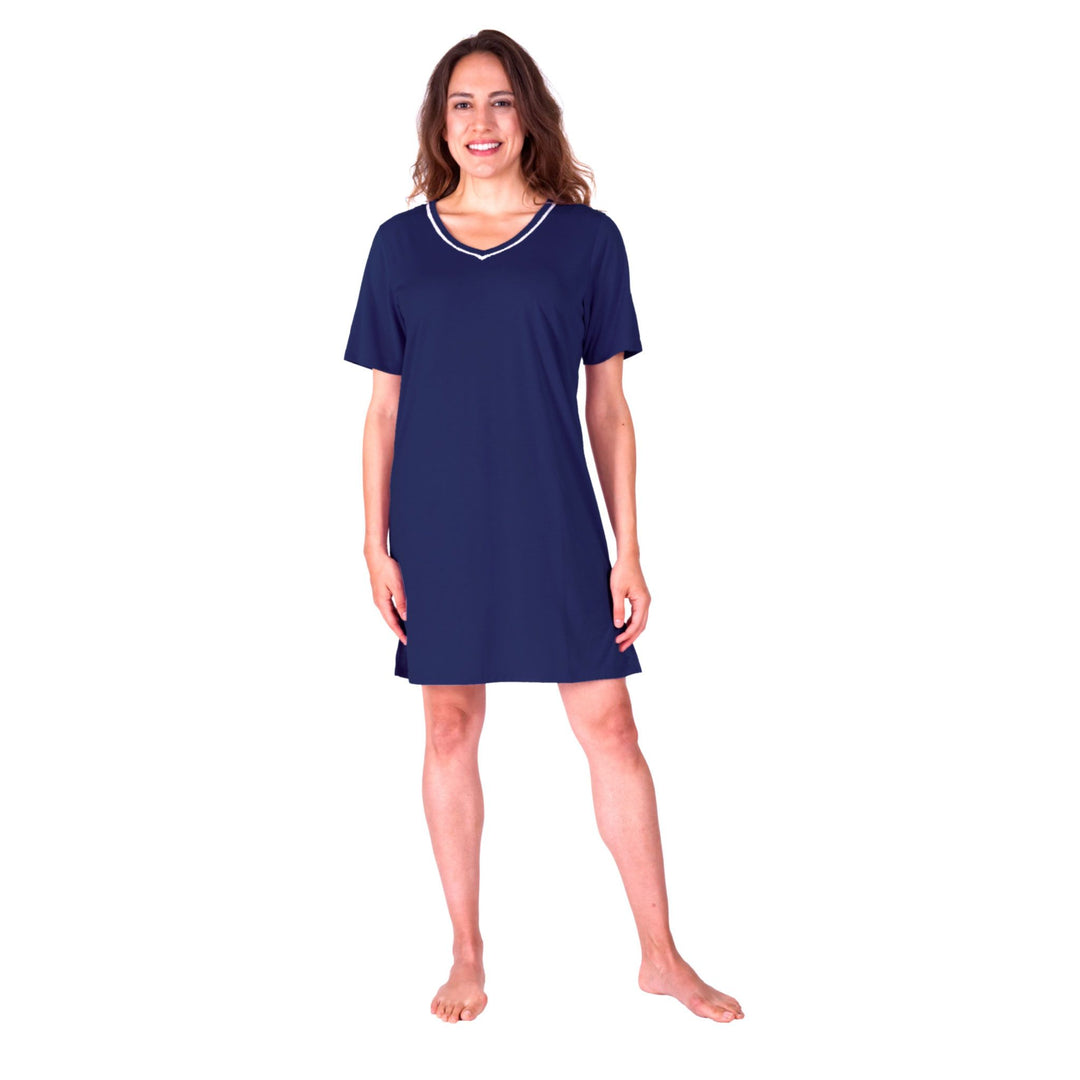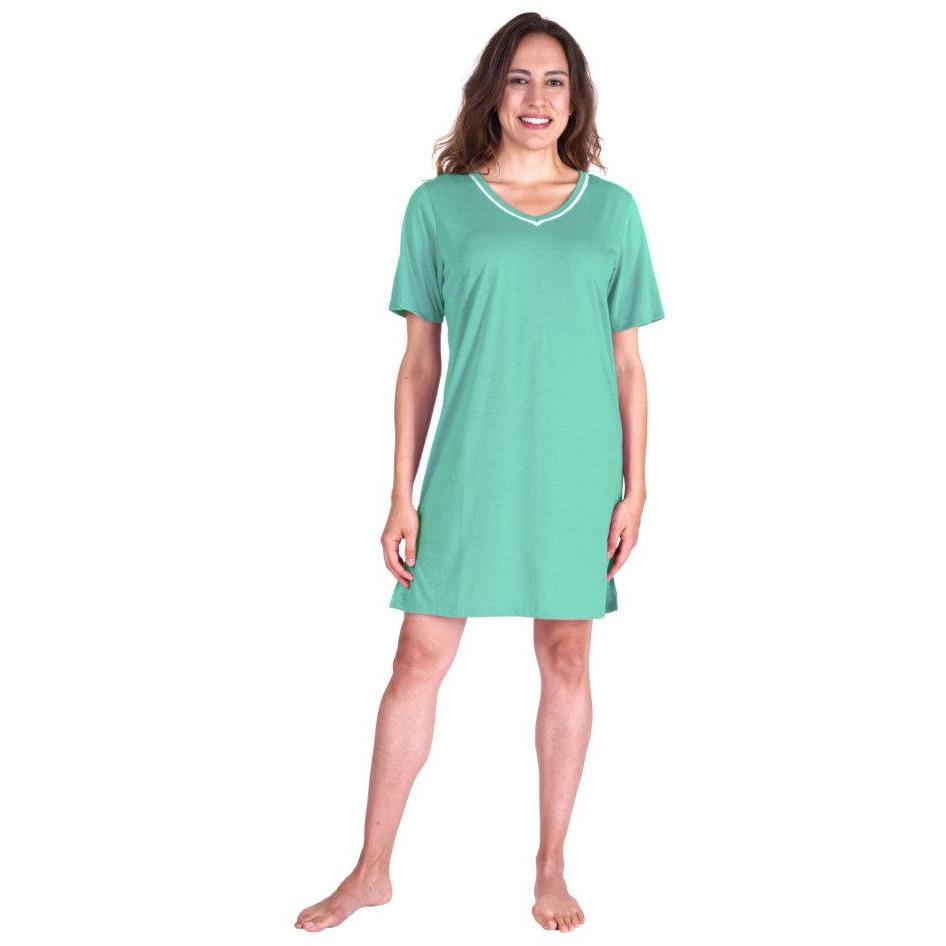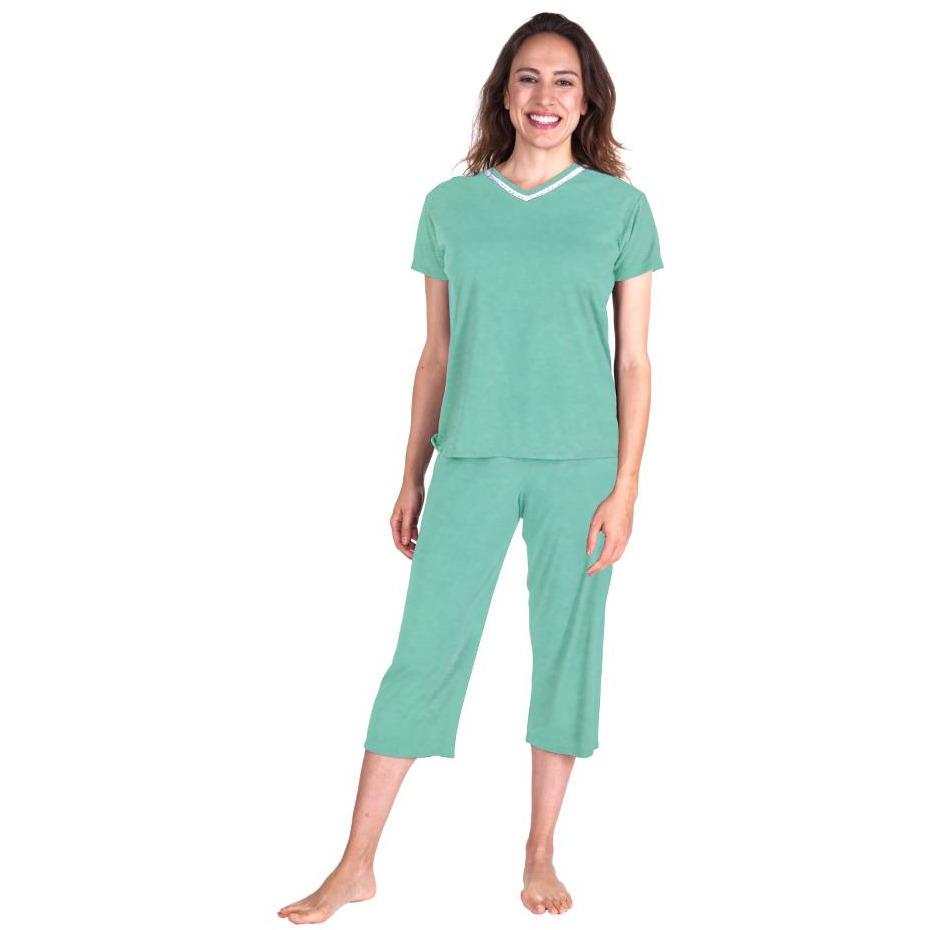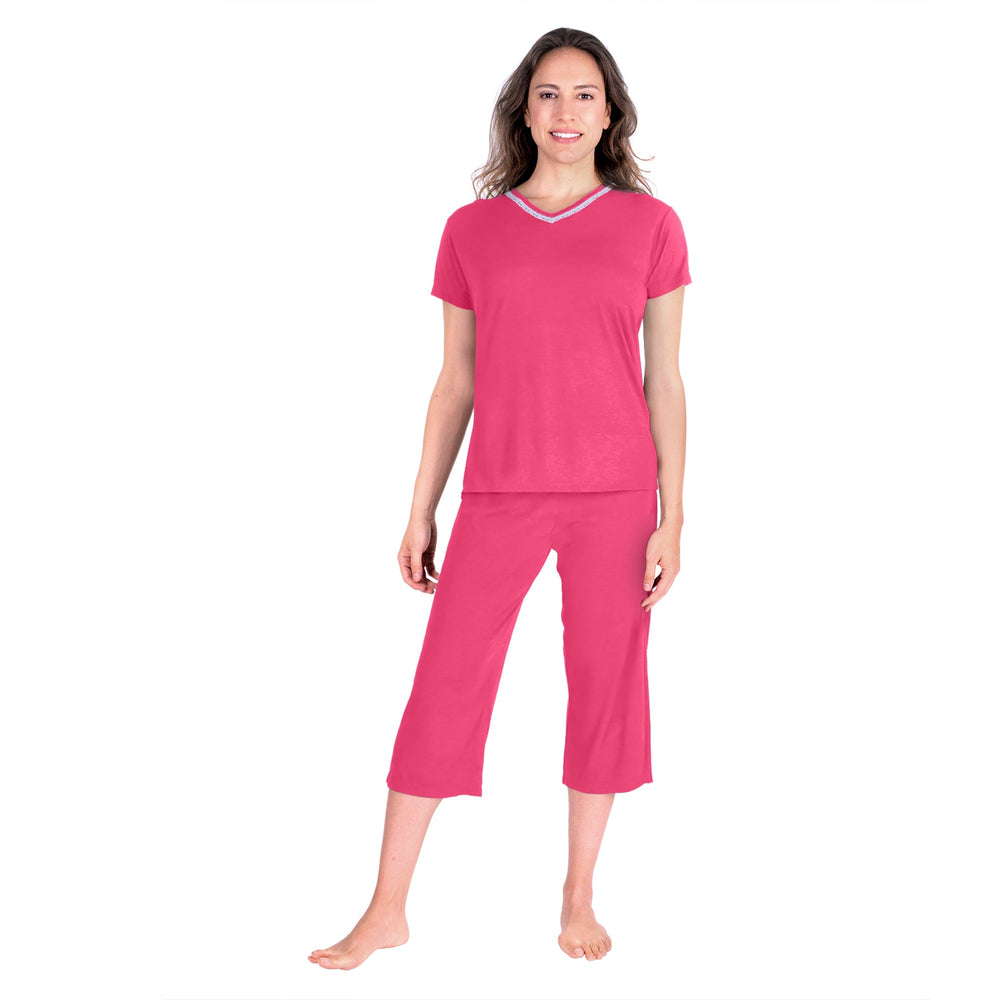What are Treatment Options for Night Sweats?

Do you wake up in the middle of the night drenched in sweat, uncomfortable and unable to sleep peacefully? These are called night sweats. Women going through menopause know them as hot flashes, though there are many other causes for perspiring excessively at night, including medications such as antidepressants and certain medical conditions. Fortunately, there are various treatments for hot flashes, from hormonal replacement and other medicines to natural remedies.
Hormone Medicines for Hot Flashes Several kinds of hormonal treatments exist. Hormone Replacement Therapy (HRT) is frequently used for the treatment of menopause symptoms including hot flashes. However, it is not without its risks, and medical experts recommend using only the lowest effective dose for a limited time. Estrogen Therapy (ET) may be used in cases of early menopause that comes on suddenly, to prevent bones from weakening and warding off other severe symptoms. However, studies have found that progesterone is more effective in reducing hot flashes, and it is safer to use.
Non-Hormone Medicines to Relieve Night Sweats Antidepressants can reduce the severity and the number of hot flashes, and may help with depression and moodiness, which can often accompany menopause. Other medicines for hot flashes include Clonidine (used for high blood pressure) and Gabapentin (an anti-seizure medication). With all medications, there is a chance of side effects, so you should consult your doctor and let them know about your medical history. You can read more about the various medications for hot flashes at WebMD.
Natural Treatments for Hot Flashes Before you try hormonal or non-hormonal treatments, you should take a close look at your diet and amount of physical activity. For reducing hot flashes and night sweats, it is recommended that you eat plenty of fruits and vegetables and especially foods that contain calcium, fiber and iron. You should also drink at least 8 glasses of water every day and avoid foods that can “trigger” hot flashes, such as alcohol, caffeine and spicy foods. Smoking can set off hot flashes. There are conflicting studies as to whether or not aerobic exercise helps reduce night sweats. However, exercising during menopause does seem to help with other symptoms such as depression, insomnia and sleep quality. Other non-prescription remedies for hot flashes include relaxation techniques like yoga and meditation, since stress can also be a trigger. You can also reduce night sweats by keeping your bedroom at a lower temperature and using temperature regulating bedding and moisture-wicking sleepwear. The bedding keeps you cool, while the clothing wicks away any sweat from your body, which has an additional cooling effect. Together, they’ll give you a comfortable night of sleep.


